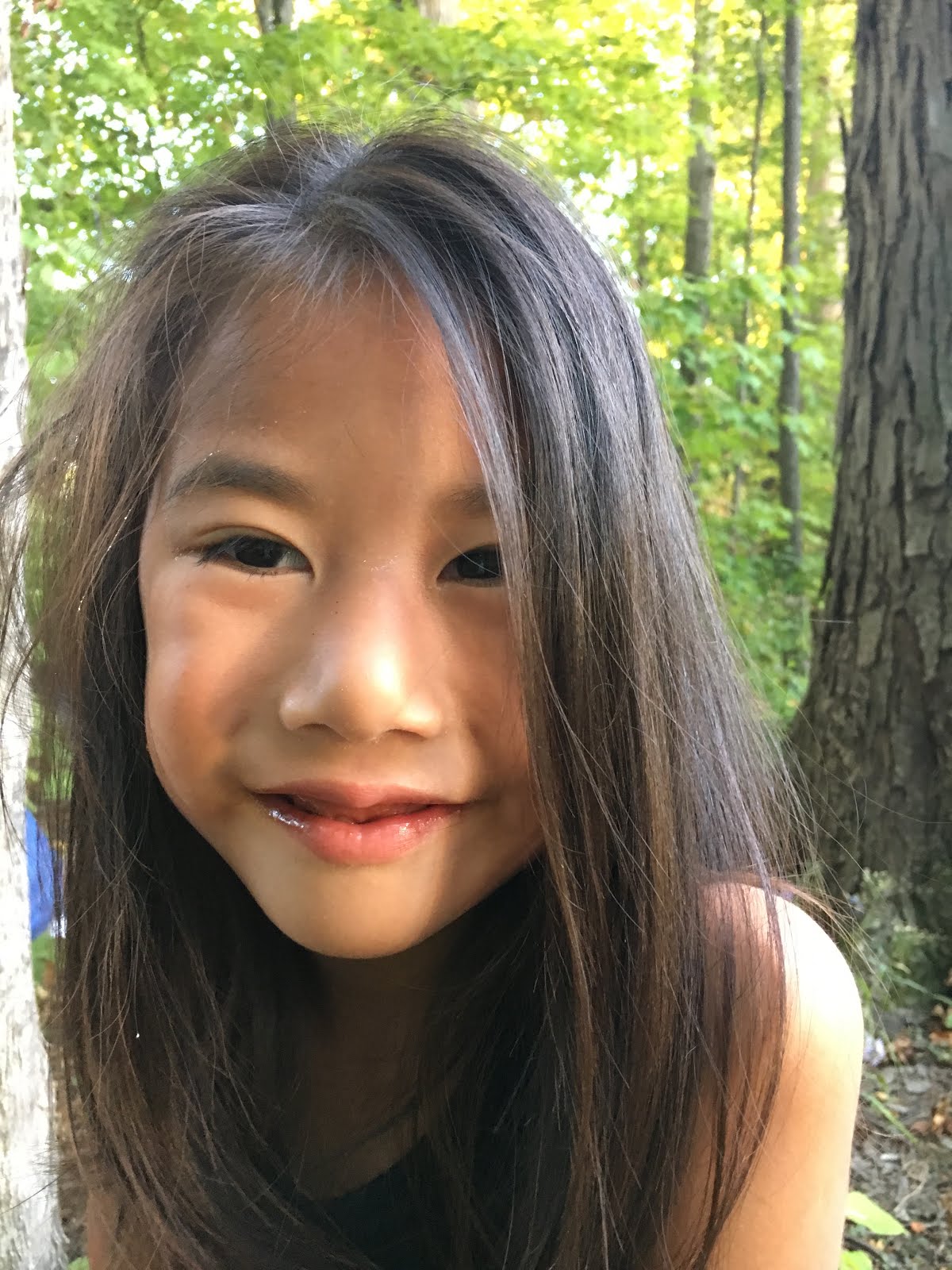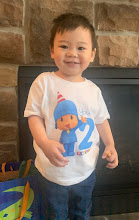There are many aspects of adoption that are understood to adoptive families, but not to those unfamiliar with adoption. Attachment is one of those topics. Each adoption book, webinar, or class mentions or focuses entirely on attachment. It is a BIG DEAL in the life of an adopted child. Biological children form a connection with their mother while they are in the womb. They hear her, smell her, know her intimately. When a child is adopted, regardless of the age, the bond that they had with their biological parent is broken. The child needs to form a new bond with their caregiver. Some children, primarily those in foster care, or international adoption, have to form a new bond several different times. Those connections can be complicated when a child is in an orphanage and doesn't receive the physical care they need. Now fast forward to the moment a child is adopted... the attachment process starts with the new family. The adoptive parents have to first help their child grieve their losses. Regardless of what condition they came from, the child grieves what they know as normal - the smells, the sounds, the voices of the people they know. Grieving is very important, because if grief is not dealt with in this stage, in a healthy way, then it will show up later in life and can be harmful to future relationships and the health of the child. While helping the child grieve, the adoptive parents need to form the new bonds with the child. Parents are very deliberate in their attempts to attach. It's a delicate dance of getting to know each other. The primary focus of the adoptive parent is to reassure the child that their needs will be met. When I'm hungry - I get fed. When I need changed - my parent does that. When I need to be comforted - my mom and dad fill that hole for me. It is so important that the child knows who their parents are. That is why most adoptive families have a 'nesting in' period. They want to show off their child to the world, but until the child's immediate world is secure, other people should not be introduced into their lives. This includes extended family. That is a very hard part, because most adoptive parents are exhausted, physically and emotionally and want outside help. But, they know their child needs to recognize mom and dad before anyone else. It may seem odd, but an adoptive parent will not let you hold their child, change or feed their child. They may not even leave the house for a period of time. The child determines the length of this period of time. There's no set timeframe. What is normal for one child may not be for another.
Even though the adoptive family is attaching, and does not desire new people to be introduced to their child yet, you can still help them out.
* Offer to make them a meal or provide waiter on the way.
* Take the other children in the family to do something fun. They may feel put to the side as the parents spend time with the new baby.
* Call them to reassure them there is life out there.
* Pray for them, be patient as they go through this process, and try to understand the amount of healing taking place during this time.
Attachment is a beautiful part of adoption. It is a time of growth and grace for all involved!
Friday, December 14, 2018
Subscribe to:
Post Comments (Atom)































































No comments:
Post a Comment